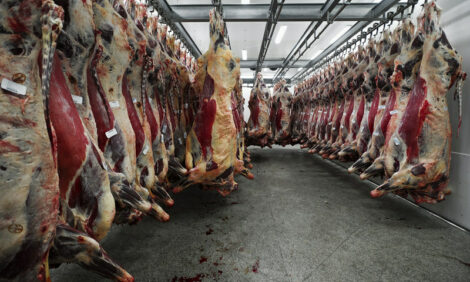



Productivity Enhancing Technologies Essential for Cattle
US - The Journal of Animal Science has published new research looking at the consequences if US farmers and ranchers no longer used productivity-enhancing technologies to raise beef cattle.The peer-reviewed article, “The environmental and economic impact of removing productivity-enhancing technologies from US beef production,” was co-authored by Jude Capper, Ph.D., of Washington State University, and Dermot Hayes, Ph.D., of Iowa State University, and appears in the Journal’s October issue.
This research, which also was presented at the 2012 American Society of Animal Science annual meeting, found that discontinuing use of scientifically proven, US Food and Drug Administration (FDA)-approved technologies would create sobering unintended consequences. To produce the same amount of US beef annually without using these technologies, US farmers and ranchers would need 10 million more beef cattle, 81 million more tons of feed, 17 million more acres of land, and 138 billion more gallons of water. In addition, 18 million extra metric tons of carbon dioxide equivalent (CO2eq) would be released in the United States alone.
“These effects are equivalent to imposing an 8.2 per cent tax on US beef farmers and ranchers, leading to a 17 per cent reduction in US beef production by 2023,” says Ms Capper. “In turn, other countries would increase beef exports. Environmentally, this would mean the release of 3.1 billion more metric tons of CO2eq, and the destruction of 16.9 million acres of Amazon Rainforest and forests in the West Central Cerrado regions of Brazil.
“The bottom line is that losing the ability to use safe, approved technologies will create significant environmental and economic challenges that are undesirable and unnecessary,” Ms Capper concludes.
Subscribers to the Journal of Animal Science will find the article on pages 3,527 through 3,537 of Volume 90 (the October 2012 issue), and online. Non-subscribers may read the article abstract at www.JournalOfAnimalScience.org. They also can obtain free reprints of the complete article by emailing a request to [email protected] or purchase short-term access to the article from the Journal’s website for $15.
TheCattleSite News Desk


